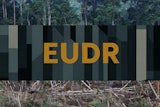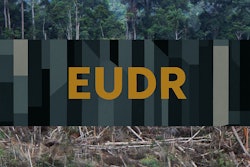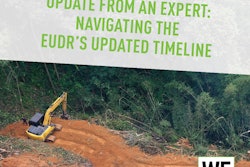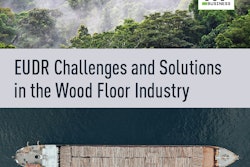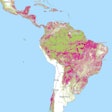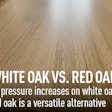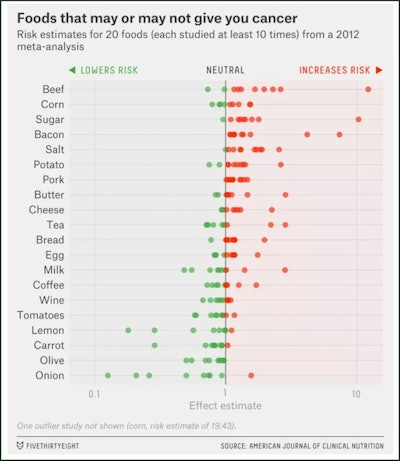
I’m going to start by quoting John Oliver again:
“In just the last few months, we’ve seen studies about coffee that claim it may reverse the effects of liver damage, help prevent colon cancer, decrease the risk of endometrial cancer and increase the risk of miscarriage. Coffee today is like God in the Old Testament. It will either save you or kill you depending on how much you believe in its magic powers.”
Apparently most everything else is the same. Take a look at this chart of things that cause/cure cancer, depending on the study you stumble across:
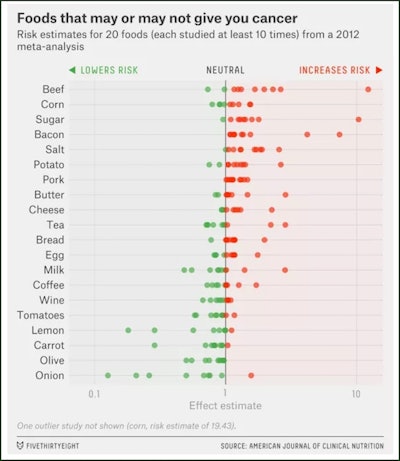
Averaging things out, it seems that beef is likely to be a bigger problem, and hey, olives and onions and carrots all seem pretty good. On the other hand, eggs and milk and coffee really could go either way. This is why NBC’s Today Show’s weatherman Al Roker was shown saying: “You find the study that sounds best to you. And go with that.” Which is DEFINITELY not the point of science.
Unfortunately, isn’t this type of thinking true for the world in general, as well as our industry? We’re completely skeptical of that we don’t want to be true, and accept without question the apparent validity of science we like. Going back to earlier posts, we automatically accept “organic” and “natural” labels as somehow meaning the product is better. Although there is no science proving formaldehyde is a carcinogen, and although it’s all around us (and IN us), and although it’s locked into the floor and is not coming out, we still try to specify a product with the impossible condition of “formaldehyde-free.” We are choosing not the studies we like, but rather the headlines we like.
I think Dave Harmon defined it best when he coined the term “Preconceptional Science,” which is looking for “science” that fits our preconceptions of the world.
We’ll look at still more stats and studies next week, but I’d like to leave you with this quote, which I think is a concept we need to be applying more consistently to the headlines we see about scientific studies:
A conclusion is the place where you stopped thinking.
An answer is the place where we stopped asking the question.











